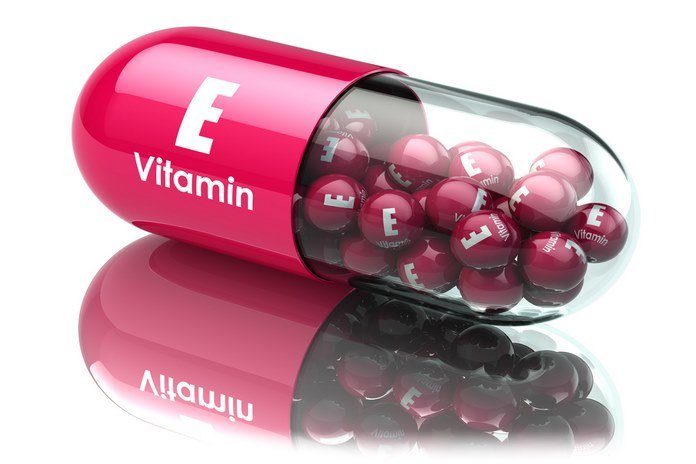Supplementation

Although oral intake of supplements is a popular way to adding vitamins and minerals to your diet but one should be careful about taking vitamin E in the form of supplementation. Supplements for a number of vitamins and minerals do not have any approval by the U.S. Food and Drug Administration so it might be harder to evaluate the quality and authenticity of the ingredients in those supplements.
Even if you take a leap and purchase your vitamin E supplement from a reputable brand, there might be a chance that it can meddle with the other medications that you are taking. Some of the medication that might suffer any intervention by vitamin E supplements include:
- Anti-platelets
- Anticoagulants
- Niacin
- Simvastatin
- Radiotherapy drugs
- Chemotherapy drugs
As the vitamin E supplements do not come under any regularity authority, it might be unclear that what quality and quantity of vitamin E is entering in your body. For instance, some supplements might only consist one type of vitamin E. Our body might need other types of vitamin E in numerous food sources. It is always best to get the nutrients from whole foods instead of taking supplements.
Concentrated supplements not only multi-vitamins might have one or more vitamin E as compared what you need and it lead to side effects which can result in further complications.
Low levels of alpha-tocopherol or low ratio of alpha-tocopherol in their blood to serum lipids. Without a history of insufficient intake and a predisposing condition, the vitamin E deficiency is quite unlikely to happen. Confirmation for vitamin E deficiency needs the measurement of the vitamin level. Measuring the degree of red blood cell hemolysis in comparison to peroxide intake can evaluate the diagnosis of the deficiency but it is not specific. In addition, hemolysis can increase with the deficiency of vitamin E and can impair the stability of red blood cells.
RRR-alpha-tocopherol is the only stereo-isomeric type of alpha-tocopherol that is present in the unfortified foods. However, the same is not true for nutritional supplements. Vitamin E supplements typically consist of 100 IU to 1000 IU of alpha-tocopherol. Supplements that are made from natural sources that contain only RRR-alpha-tocopherol, which is the most bioavailable form of alpha-tocopherol in the human body.
The use of supplemental alpha-tocopherol and mixed tocopherols such as alpha-, beta-, and gamma-tocopherols. If vitamin E malabsorption results in clinically evident symptoms and signs, them 15 to 25 mg per kg alpha-tocopherol is important to take orally. If you want to take mixed tocopherols then 200 to 400 units are suitable. However, larger doses of alpha-tocopherol supplements via injections are a prerequisite to treat the patients at early stages of neuropathy. Oral supplements also help to overcome the issues with transport and absorption in case of patients of abeta-lipoproteinemia.
